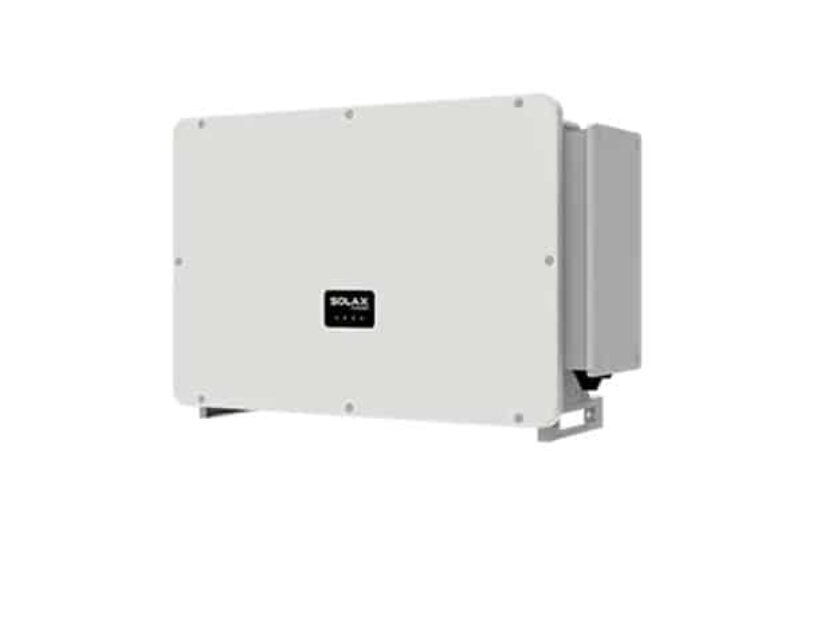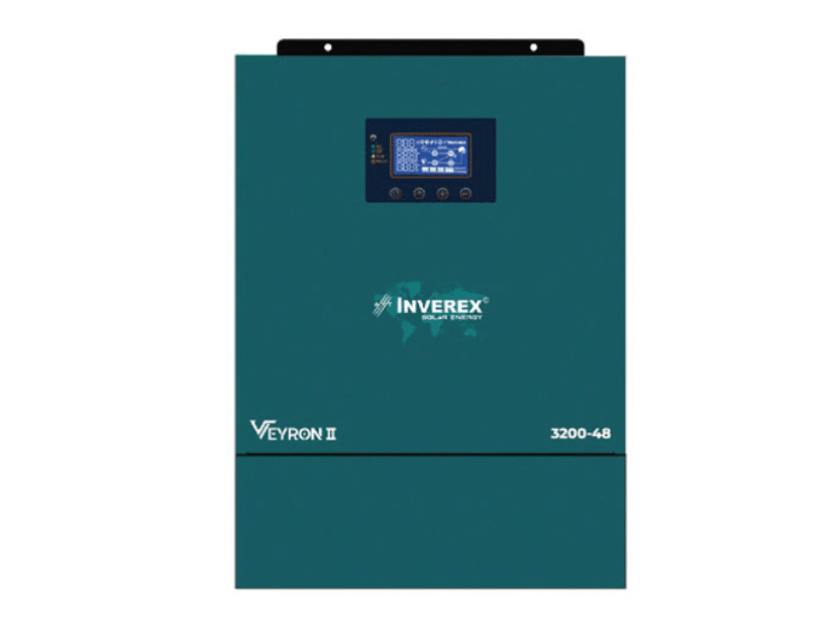If you’re diving into the world of solar energy, you’ve probably come across the terms “Hybrid Inverter” and “Off-Grid Inverter” more than a few times. But what do they mean? And more importantly, which one should you consider for your home or business? The difference between hybrid and off-grid inverter systems may seem small, but understanding these key differences can help you decide for your energy needs.
Let’s break it down into simple terms so that by the end of this post, you’ll have a crystal-clear understanding of the difference between hybrid and off-grid inverter systems. Whether you’re building an eco-friendly home or want to avoid energy bills, this guide is for you!
What is a Hybrid Inverter?
Let’s start with the hybrid inverter. Think of this as the Swiss Army knife of inverters. A hybrid inverter allows you to combine energy from the grid, solar panels, and battery storage. Essentially, it’s like having multiple energy options all rolled into one. Hybrid inverters are connected to the power grid, which means that even if your solar panels don’t produce enough energy, you can still pull power from the grid.
But here’s the kicker – when your solar system generates excess power, that extra energy can be stored in a battery for later use. If your batteries are complete, the surplus energy returns to the grid and some utility companies even give you credits for this!
Read Also: Difference between On-Grid and Off-Grid Inverters
What is an Off-Grid Inverter?
Now, let’s move on to the off-grid inverter. Unlike the hybrid option, an off-grid inverter works in total isolation from the power grid. Think of it as a self-sufficient system. This means all the energy your home uses comes from solar panels or batteries that store excess energy for cloudy days or nighttime use.
Since an off-grid system is entirely independent, you’ll need a well-sized solar array and a decent-sized battery bank to ensure that you can power your house day and night, even in the event of poor sunlight or weather conditions.

Key Differences Between Hybrid and Off-Grid Inverters
Now that we’ve covered the basics of each inverter let’s explore the difference between hybrid and off-grid inverter systems in more detail.
- Connection to the Grid
- Hybrid Inverter: Stays connected to the grid, offering a backup power source if your solar energy production falls short.
- Off-Grid Inverter: Completely independent of the grid. You rely solely on your solar panels and battery storage.
- Energy Storage
- Hybrid Inverter: Uses batteries but can feed excess energy into the grid.
- Off-Grid Inverter: Heavily reliant on batteries since there’s no connection to the grid. There is no grid backup here – if the batteries run out, the lights go out.
- Cost and Complexity
- Hybrid Inverter: A bit pricier because it does more – managing grid input, solar input, and battery storage simultaneously.
- Off-Grid Inverter: Usually more straightforward, but you’ll spend more on batteries and solar panels since you’ll need enough power to be self-sufficient 24/7.
- Use Cases
- Hybrid Inverter: Great for those who want the flexibility of solar energy but still like having the grid as a safety net. It is ideal for homes and businesses in areas with consistent grid availability.
- Off-Grid Inverter: Best for remote locations with no access to the grid or for those who want to live completely “off the land.” You’ll need a large solar setup and plenty of battery storage.
Should You Go Hybrid or Off-Grid?
Here’s the difference between hybrid and off-grid inverter systems, which is what you want from your solar energy setup. The off-grid inverter is the way to go if you live in a remote area where the grid is unreliable or nonexistent. It’s all about independence and self-reliance.
On the other hand, if you want the benefits of solar energy but don’t want to cut ties with the grid entirely, a hybrid inverter gives you the best of both worlds. It’s ideal for urban or suburban areas with a solid grid, but you want the extra savings and peace of mind that come with solar and battery backup.
Read Also: Why Your Home Needs Solar Batteries: The Ultimate Guide
Trends in Solar Inverters: What to Watch
When comparing hybrid and off-grid inverter options, it’s important to note that both systems are becoming more innovative, efficient, and increasingly affordable. Some trends you should keep an eye on include:
- AI-Driven Energy Management: New hybrid inverters are integrating AI to optimize when and how energy is used, stored, or sent back to the grid, maximizing efficiency and cost savings.
- More significant, Better Batteries: Whether hybrid or off-grid, advancements in battery technology are making it easier to store more energy for extended periods, giving you greater energy security.
- Intelligent Monitoring: Both hybrid and off-grid inverters now often come with advanced monitoring systems that let you track energy production, storage, and usage in real time, straight from your phone.
Tips for Choosing the Right Inverter
Still trying to decide which inverter to pick? Here are some handy tips:
- Evaluate Your Location: If you’re in a remote area, the difference between hybrid and off-grid inverter systems might be less significant – you’ll probably need an off-grid inverter. For urban dwellers, hybrid is usually the better option.
- Think About Future Expansion: A hybrid system may give you more flexibility to expand your solar array or battery storage.
- Consider Your Budget: Off-grid systems require more upfront investment in solar panels and batteries, whereas hybrid systems can be more flexible in terms of cost.
Final Thoughts
Understanding the difference between hybrid and off-grid inverter systems can feel challenging, but it doesn’t have to be! Think of hybrid inverters as your flexible, grid-connected option and off-grid inverters as your path to true energy independence. Whichever one you choose, the key is to assess your personal energy needs, location, and long-term goals.
By weighing the pros and cons, you’ll be well on your way to choosing your solar setup. Ready to power up your home with the sun? Dive into the world of inverters, and let your energy savings begin!






Comments (02)